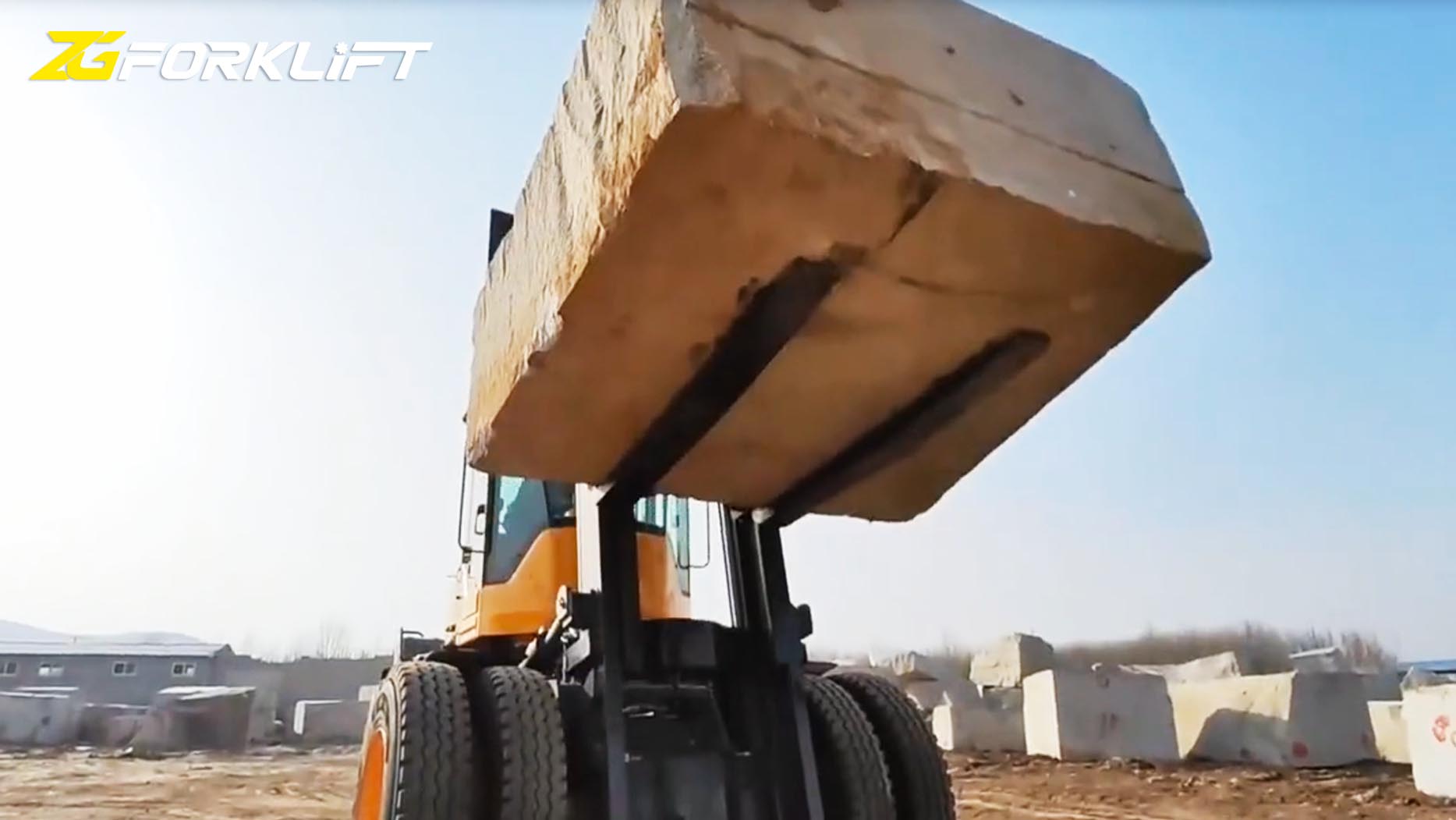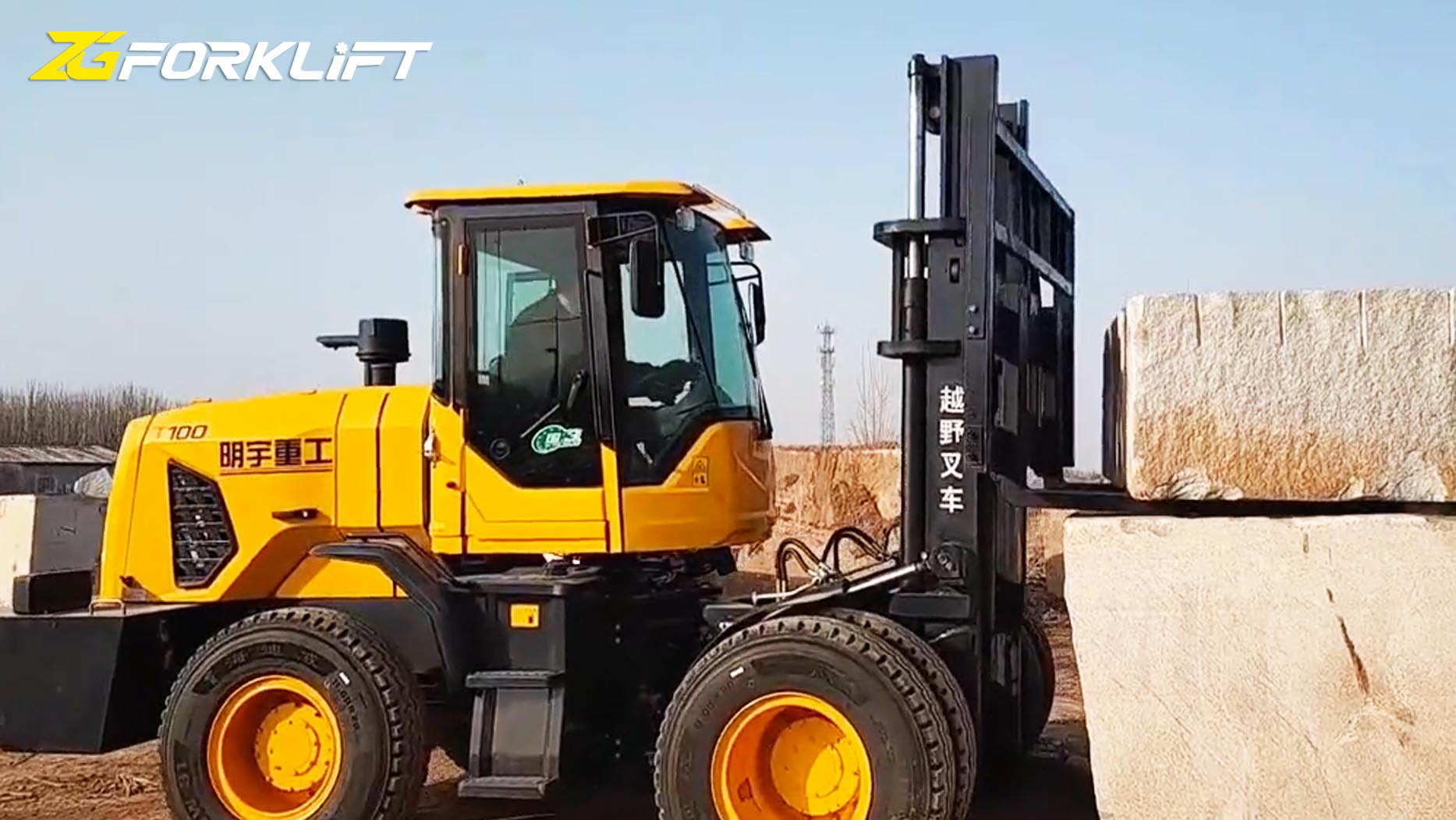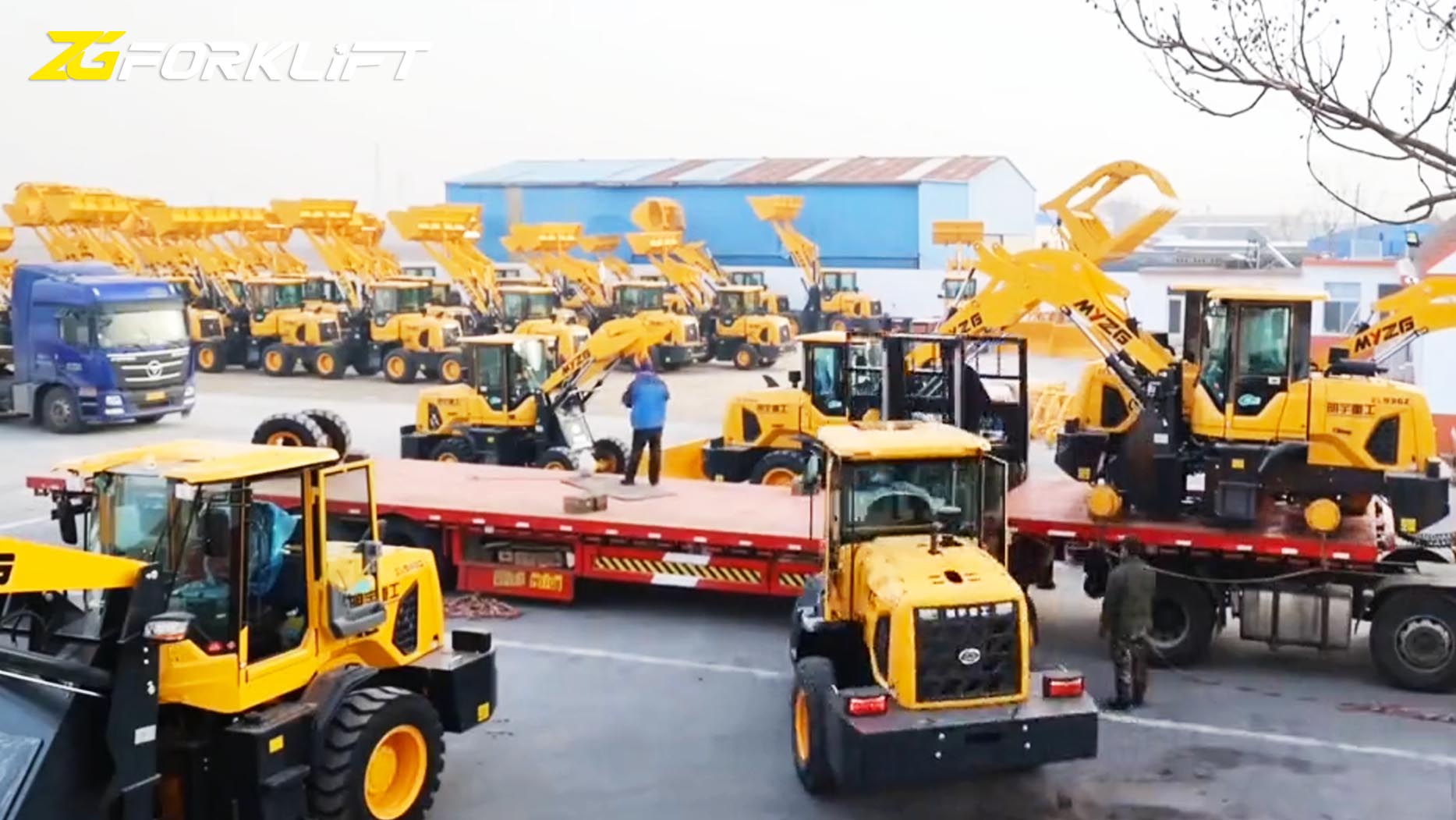What Kind of Off-Road Truck Hauls Gravel? A Deep Dive into Heavy Hauling
The construction and mining industries rely heavily on the efficient movement of bulk materials like gravel. This often involves traversing challenging off-road terrains, demanding specialized vehicles capable of withstanding harsh conditions and hauling substantial loads. So, what kind of off-road truck hauls gravel? The answer isn't a single vehicle type, but rather a category encompassing several specialized heavy-duty trucks, each designed with specific features to optimize gravel hauling in demanding environments. This article delves into the various types of off-road trucks used for gravel transport, examining their characteristics, applications, and the engineering behind their robust performance.
Understanding the Demands of Off-Road Gravel Hauling:
Before exploring the truck types, it's crucial to understand the challenges inherent in off-road gravel hauling:

Rough Terrain: Unpaved roads, uneven surfaces, steep inclines, and loose soil present significant obstacles. Trucks need high ground clearance, robust suspension systems, and powerful engines to navigate these conditions.
Heavy Loads: Gravel is dense and heavy. Trucks must be engineered to carry substantial payloads without compromising stability or performance.
Harsh Environments: Construction and mining sites often expose trucks to extreme temperatures, dust, mud, and other abrasive materials, requiring durable components and protective measures.
Accessibility: Remote locations may have limited access, requiring trucks to be self-sufficient and capable of performing in challenging circumstances.
Safety: Operating heavy vehicles in demanding environments necessitates robust safety features and stringent operating procedures.
Types of Off-Road Trucks for Gravel Hauling:
Several types of heavy-duty trucks are employed for off-road gravel hauling, each with specific strengths and applications:
Heavy-Duty Dump Trucks: These are the workhorses of the gravel hauling industry. They feature a tilting body (the "dump" part) that allows for easy unloading of gravel. Heavy-duty dump trucks come in various configurations, including:
Rigid Dump Trucks: These trucks have a fixed chassis and are typically used for shorter hauls and less extreme terrain. They are robust and relatively simple to maintain. They are often preferred on sites with better maintained haul roads.
Articulated Dump Trucks (ADTs): These trucks feature a hinge or articulation point between the cab and the dump body. This articulation provides exceptional maneuverability, allowing ADTs to navigate tight corners and challenging terrain with greater ease. ADTs are ideal for rough terrain, steep inclines, and long hauls. Their ability to “crab” or articulate around obstacles makes them especially useful in confined spaces.
Off-Highway Trucks (OHTs) or Haul Trucks: These are massive, purpose-built vehicles designed specifically for large-scale mining operations. They are characterized by their enormous size, high payload capacity, and extreme durability.

Rigid Haul Trucks: These are the giants of the mining world. They are non-articulated and designed for continuous operation in open-pit mines. Their massive size allows them to haul hundreds of tons of material per load. They require specially designed haul roads due to their size and weight.
Articulated Haul Trucks: While less common than rigid haul trucks in the largest mining operations, articulated haul trucks also exist in very large formats for moving overburden, ore, or other materials.
Tractor-Trailers (with Dump Trailers): While not strictly "off-road" trucks in the same way as ADTs or OHTs, tractor-trailers with specialized dump trailers can be used for gravel hauling, especially when the haul roads are relatively well-maintained. These combinations offer high payload capacity and can be more cost-effective than dedicated off-road trucks for certain applications. However, their maneuverability can be limited in very rough terrain.
Mine Trucks (Specialized): These are highly specialized trucks designed for underground mining operations. They are often smaller and more maneuverable than surface haul trucks to navigate narrow tunnels and confined spaces. They also feature robust construction to withstand the harsh underground environment.
Key Features of Off-Road Gravel Hauling Trucks:
Powerful Engines: These trucks require high horsepower and torque to propel heavy loads up steep grades and through challenging terrain. Diesel engines are the most common choice due to their power and fuel efficiency.
Robust Transmissions: Heavy-duty transmissions are essential to handle the stress of off-road driving and heavy loads. Automatic transmissions are becoming increasingly common due to their ease of operation and improved efficiency.
Heavy-Duty Axles and Suspension: Reinforced axles and robust suspension systems are crucial for withstanding the shocks and vibrations of off-road driving and supporting heavy payloads. Multi-axle configurations are common to distribute the load and improve stability.
High Ground Clearance: Adequate ground clearance is essential to prevent the truck from scraping or getting stuck on obstacles.
Durable Tires: Specialized off-road tires with deep treads and reinforced sidewalls provide traction and protect against punctures and cuts.
Reinforced Bodies and Frames: Truck bodies and frames must be exceptionally strong to withstand the stresses of loading, hauling, and unloading heavy gravel.
Safety Features: Roll-over protection structures (ROPS), seatbelts, and advanced braking systems are critical safety features for off-road trucks.
Choosing the Right Truck:
Selecting the appropriate off-road truck for gravel hauling depends on several factors:
Terrain: Rough terrain demands ADTs or specialized off-highway trucks. Relatively smooth haul roads may allow for the use of rigid dump trucks or tractor-trailers.
Haul Distance: Longer hauls may benefit from ADTs or tractor-trailers, while shorter hauls can be efficiently handled by rigid dump trucks.
Payload Capacity: The volume and weight of gravel to be hauled will dictate the required truck size and payload capacity.
Site Conditions: Factors such as access, grades, and weather conditions will influence the choice of truck.
Cost: The initial purchase price, operating costs, and maintenance expenses must be considered.
Conclusion:
Hauling gravel off-road requires specialized heavy-duty trucks designed to withstand harsh conditions and carry substantial loads. The specific type of truck best suited for the task depends on a variety of factors, including terrain, haul distance, payload capacity, and site conditions. From the maneuverable articulated dump truck to the massive off-highway haul truck, the world of heavy hauling offers a range of vehicles engineered to meet the demanding requirements of the construction and mining industries. Understanding the capabilities and limitations of each type of truck is crucial for optimizing efficiency, ensuring safety, and maximizing productivity in off-road gravel hauling operations.
Post time:Feb.14.2025

